News
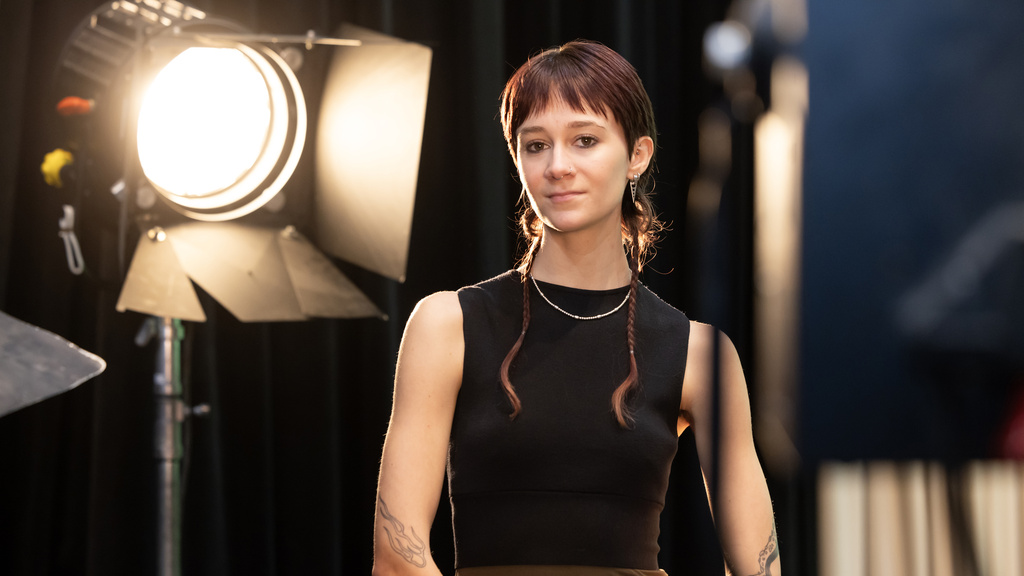
Meet 2025 Commencement speaker Isa Holtze
Monday, December 15, 2025
University of Iowa graduating senior Isa Holtze will deliver the address for the College of Liberal Arts and Sciences Commencement ceremony on Sunday, Dec. 21, 2025.

Meet fall 2025 Commencement singer Sage Johnson
Monday, December 15, 2025
When Sage Johnson steps onto the stage at Carver-Hawkeye Arena on Sunday, Dec. 21, she will do something she has never done before: sing the national anthem alone, in front of thousands. For the music therapy major, the moment feels both meaningful and surreal.

CLAS administrator prepares for new role in Cinematic Arts after a decade of cross-department leadership
Monday, December 15, 2025
After supporting seven academic units, longtime administrator Lindsay Vella marks 10 years at UI with a move to Cinematic Arts.

Celebrating CLAS' fall 2025 grads
Monday, December 15, 2025
A new class of Hawkeyes is ready to soar—and we couldn’t be prouder of all they’ve achieved.
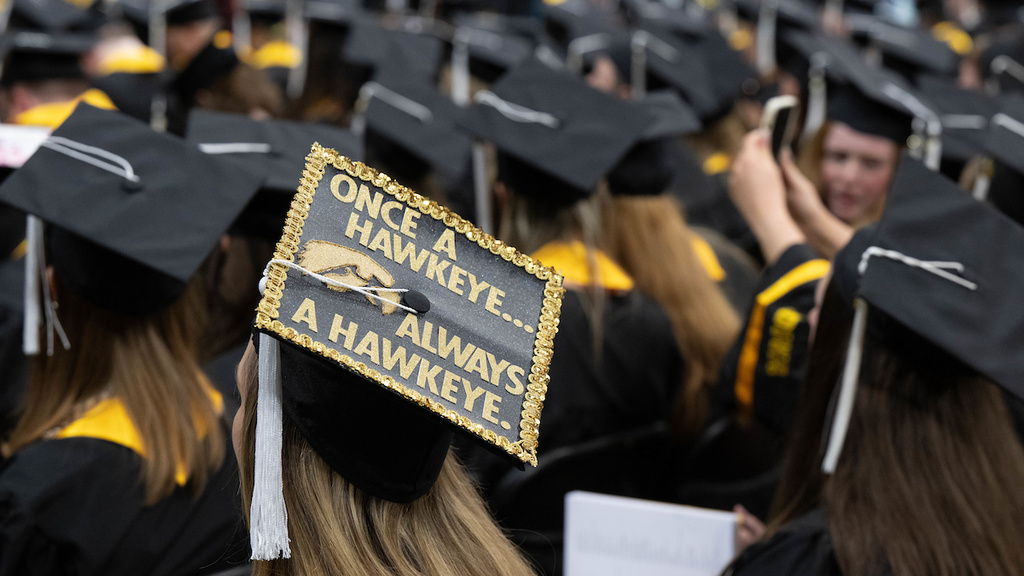
CLAS students graduating with distinction and honors
Monday, December 15, 2025
The College of Liberal Arts and Sciences is pleased to recognize the scholarship and achievement of our students graduating in December 2025 with distinction and honors.
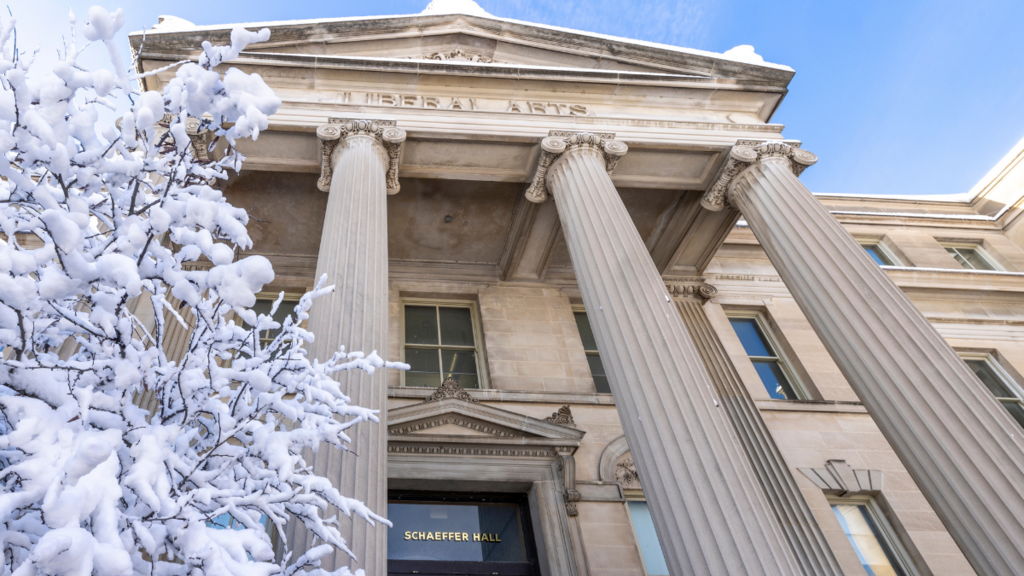
CLAS Wrapped: our top 10 stories from 2025
Monday, December 15, 2025
Our most popular articles of 2025 have a theme: human excellence in the art and science disciplines at Iowa. From Grammy awards to NASA satellites, CLAS faculty, staff, and students continue to innovate into the future.

College of Liberal Arts and Sciences Commencement Ceremony
Thursday, December 11, 2025
Dean Sara Sanders and Kevin Kregel, executive vice president and provost, will confer degrees at the ceremony, which includes graduates in CLAS and University College. Isa Holtze, from Olympia, Washington, will be the student speaker. Holtze will be graduating with high distinction with a degree in cinema.
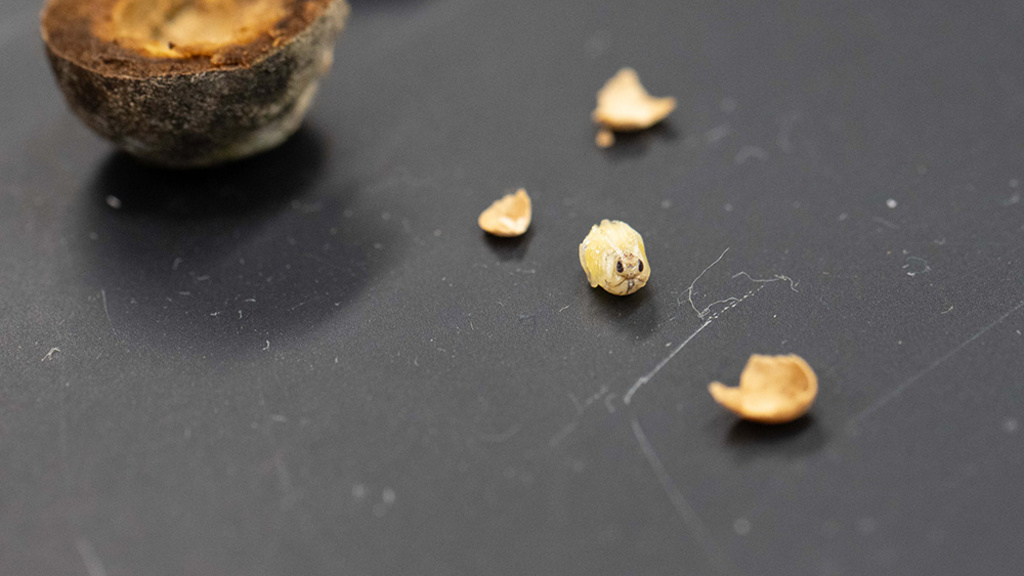
Galls, thieves, and parasites: CLAS biologists unspool wild world of oak-dwelling wasps
Tuesday, December 9, 2025
CLAS biologist Andrew Forbes’ lab, with a grant from the U.S. National Science Foundation, is revealing the unknown ecological world of parasitic wasps.

PBS faculty member seeks to understand how memories evolve within the brain
Monday, December 8, 2025
Isabel Muzzio, professor in the Department of Psychological and Brain Sciences, wants to answer how memories are stored, whether they can modified, and what sustains them over time.
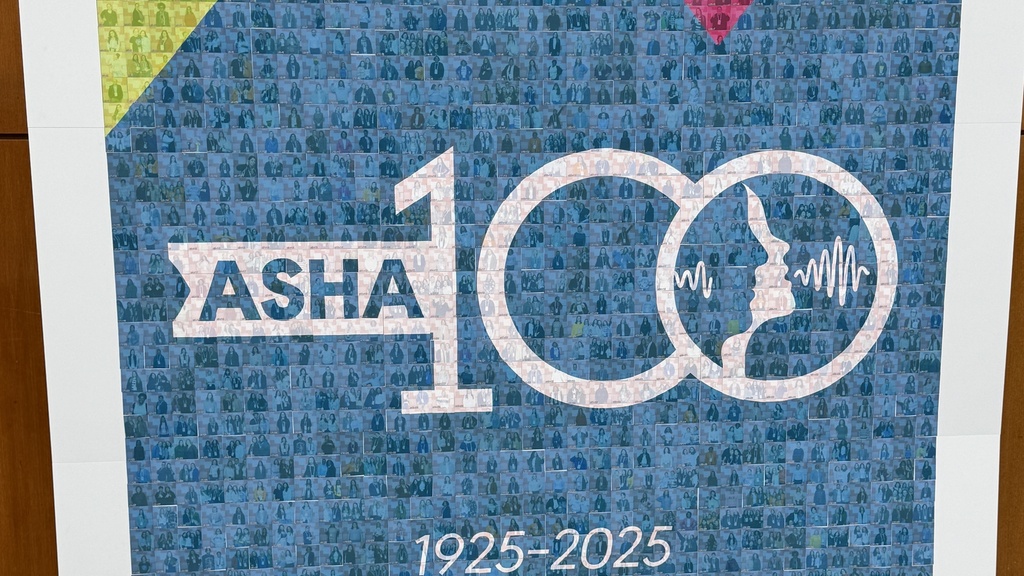
Two CSD faculty members recognized for contributions to multicultural affairs, clinical, and advocacy work at 2025 ASHA Convention
Friday, December 5, 2025
The annual American Speech-Language-Hearing Association convention, held in Washington, D.C., included talks, presentations, and education development by students and faculty in the Department of Communication Sciences and Disorders.
Pagination